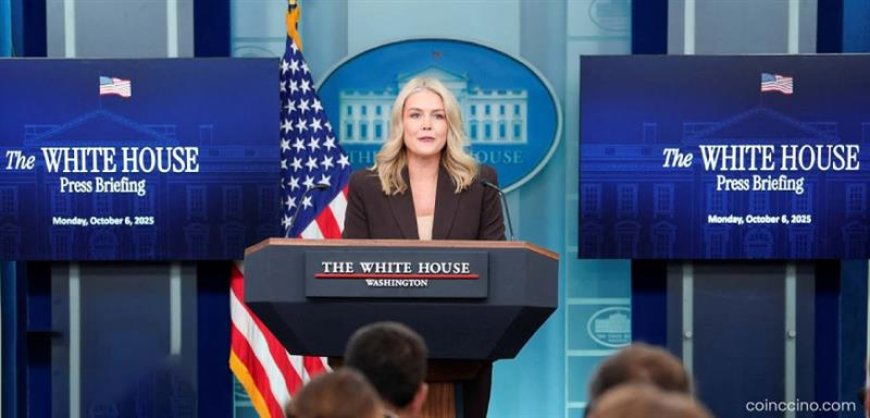White House Says CZ Pardon Underwent “Thorough Review” Before Approval
The White House has defended President Trump’s pardon of Binance founder Changpeng “CZ” Zhao, saying the decision was taken with “utmost seriousness” and reviewed by legal staff. The move has sparked debate over crypto policy, political ties, and regulatory fairness.

Market Context
CZ’s pardon comes at a time of evolving regulation around cryptocurrency in the United States. After years of crackdowns and enforcement actions under previous administrations, the move is being watched closely by stakeholders in crypto, banking, and politics. It may influence how exchanges, asset-managers, and lawmakers view regulatory risk and executive discretion in the digital-assets sector.
Technical Details with Attribution
- White House Press Secretary Karoline Leavitt stated that the pardon request went through standard processes including review by the White House Counsel’s office and Department of Justice counsel.
- She described Zhao’s earlier conviction (for failing to maintain adequate anti-money laundering programs under the Bank Secrecy Act) as “over-prosecuted” under the prior administration.
- Leavitt added that the president exercised his constitutional clemency power after due scrutiny.
- The pardon was formally issued on October 23, 2025.
Analyst Perspectives
Some observers view the White House’s statement as an attempt to reassure stakeholders that the decision was made through legal channels rather than political favoritism. They argue that careful framing may help mitigate regulatory or reputational risk for the crypto industry.
Others remain skeptical: they caution that even a “thorough legal review” does not remove questions about conflicts of interest, lobbying influences, or the broader implications of executive pardons on rule-of-law and regulatory stability.
Global Impact Note
While the pardon directly affects the U.S. regulatory-political landscape, its ripple effects may be felt globally. Crypto businesses in jurisdictions with tighter oversight may watch this case for precedent on how political power interfaces with crypto-compliance failures. The decision could inform future policy debates in countries reassessing how much political discretion should apply to digital-asset enforcement.